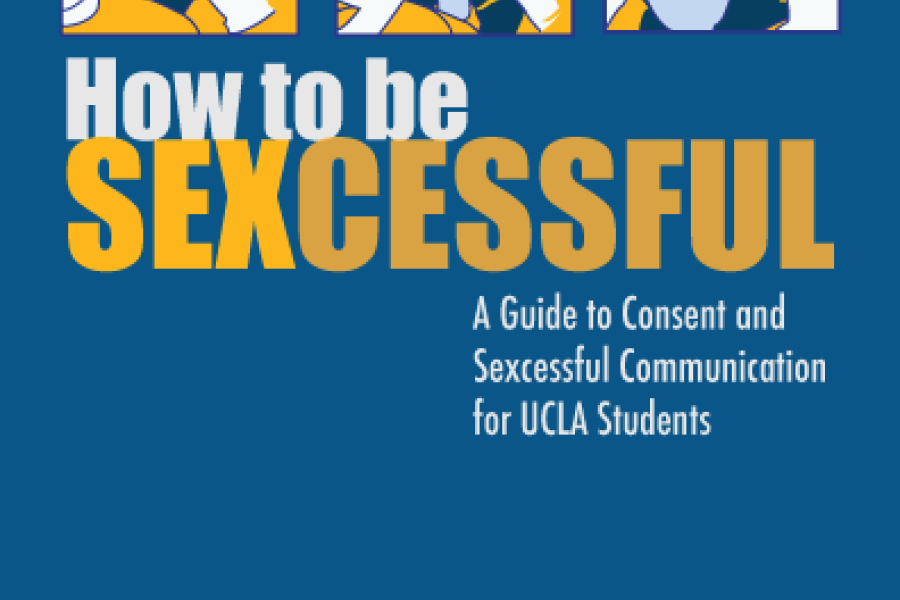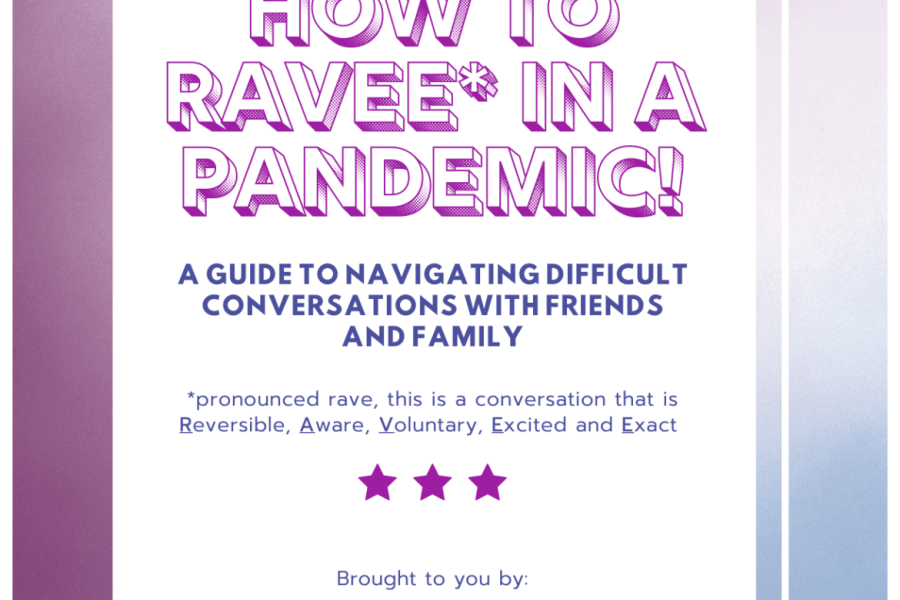Communication & Relationships
A relationship should be a source of joy, support and friendship, and should not cause anxiety, insecurity or isolation. This information will help you to understand the foundations of healthy relationships and to recognize the signs of an unhealthy one.
A healthy relationship is based on:
- Emotional responsibility – each person is responsible for his or her individual happiness and sense of self-worth
- Mutual respect – each partner should be respectful of the other in words and actions. boundaries should be established and then honored.
- Trust – trust creates a safe connec tion between partners where each is affirmed by the other. partners who trust each other do not feel threatened by each other’s successes or joys, but rather encourage the other’s growth and success.
- Honesty – honesty goes hand-in-hand with trust. you should not have to lie or hide things from your partner in a healthy relationship.
- Support – in a healthy relationship, your partner should provide a shoulder to cry on during tough times and celebrate with you during good times.
- Equality – relationships are about “give and take.” one person should not be fighting to get his or her way all of the time.
- Separate Identities – a healthy relationship allows each partner to take personal time, explore his or her own interests and spend time with friends outside of the relationship.
- Open communication – each partner should feel safe discussing his or her desires, expectations, needs and limits. both partners should feel free to express themselves and talk through conflicts.
Adapted from Loyola University (2019)


